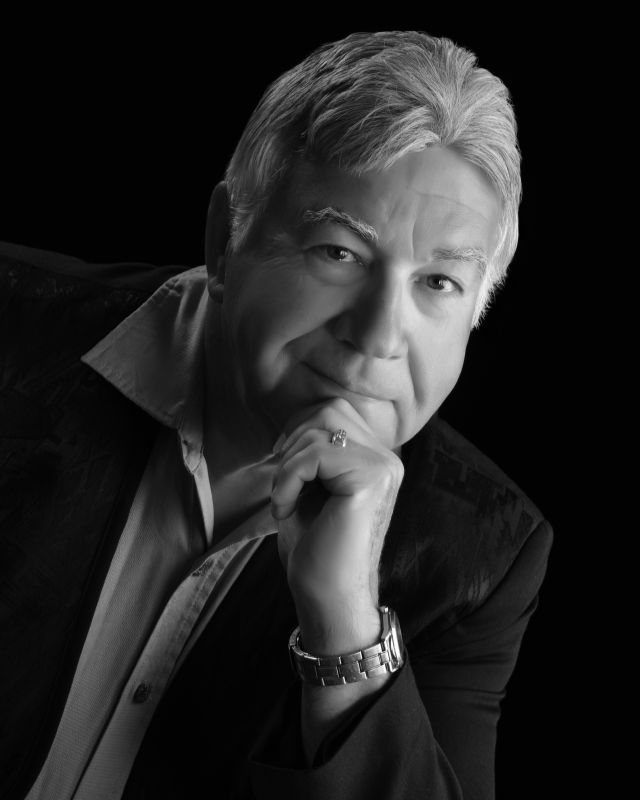Trusts - How Can They Be Useful?
2016-12-26
Wills are commonly understood as an essential item in Estate Planning.
The us of Trusts to accomplish your goals is much less known or used.
Trusts are not be useful for many in the proper organization of their estate wishes.
They are more common for certain individuals or families.
If you have a large Estate available to your beneficiaries, Trusts can be used to allocate your funds in a manner you wish. It may be to protect your family from an unusual financial situation or to have monies professionally managed after your demise, for your loved ones. Many more situations arise where you may not be considered rich or have a large amount to leave your family, but you do not want it squandered after you are gone. Perhaps you have a family member who is financially irresponsible, has drug & alcohol issues or business problems. Trusts can be used to preserve the capital and protect persons from their own weaknesses.
TESTAMENTARY TRUSTS
This is simply any trust that arises on a death through a Will. In this case the Trustee named is the legal owner of the funds left to a beneficiary and has the authority to control the management of the assets. The terms in the Trust can be fixed or left to the discretion of the Trustee. Some common examples are where you do not wish a young person to receive a large amount when becoming an adult, (in B.C. age 19. In Alberta-age 18). A trust is created where the Trustee invests the capital for the child or young adult and sums are allocated at certain stages as the person matures. An example might be 20% at 19, 20% at 22, 30% at ages 25 and 30. Often the Trustee has the discretion to use income & capital from the child’s share for health or education needs. There are many examples where a large sum at a young age can rob the individual from their motivation and goals to succeed on their own. The long term effect may make them dependent or with low self esteem, not accomplishing something on their own effort and abilities.
It may happen that the beneficiary is a middle aged person, but has a record of spending beyond his /her means and could not responsibly handle a large sum. In this case- often a parent will set up a trust where payments are made annually for a share of inheritance-so that the person is not ever left without resources to live but not given the temptation to spend large amounts without proper consideration.
The assets in the trust remain the property of the maker until death and thus remain in the estate upon death and are subject to the Probate Tax of each province. In B.C. this is 1.4% of the net assets.
Spousal Testamentary Trusts are often used in larger estates where the spouse lacks financial experience, is ill, incapacitated, or when there are children from a previous marriage. These trusts provide income from the estate to the spouse until his or her death, with the estate ultimately passing to the children or grandchildren.
INTER-VIVOS LIVING TRUSTS
Inter-vivos means among the living and thus is a trust set up by a living settlor. It is usually used for family members, spouses, children or grandchildren. These are complicated instruments that you should have a lawyer prepare. There are tax aspects to setting up and maintaining such a trust. Your tax advisor should review your intentions before you proceed.
One of the advantages of an inter-vivos Trust is to avoid the Probate process of distributing a deceased’s assets in Court. This process can be lengthy,costly and expose a family’s private financial matters. A properly established trust helps ensure assets go to the intended recipients in a timely and private manner.
An inter-vivos Trust is a vehicle that can own the assets during the life of the maker. The Maker can manage the trust during his/her lifetime and can be revoked or changed while the maker is still alive. A back up Trustee must be named to assume the management duties after the maker is deceased. The terms then become irrevocable.
These Trusts are becoming more popular because they are flexible,confidential and because assets within the trust fall outside of your estate-they are exempt from Probate, not subject to attack by a spouse, child or under the Wills Variation Act of B.C.
Monies left in a Inter-vivos Trust are taxed at the highest marginal rate. The amount taxed is what is left in the Trust after distributing the income to the beneficiaries of the Trust.
Often called “Family Trusts”,these Trusts can be revocable or irrevocable. They should be irrevocable to ensure proper tax consequences. If it can be revoked, the income will be taxed in the hands of the settlor or the person funding the Trust. Accordingly,the trust deed should include provisions that the property does not revert to the settlor.
DISCRETIONARY & NON-DISCRETIONARY
In a discretionary family trust, the Trustees have the power to decide when and how much and to whom the benefits are paid. The trustees have broad discretion, and allow them to act independently in deciding issues. This is useful in many Family Trusts, as beneficiaries may have many different needs or be of different ages. One may be in university while another starting a family.
In a non-discretionary trust, the interests of the beneficiaries are fixed with set amounts and dates of payment.
Discuss your particular estate and situation with your Lawyer and determine if these alternatives available may be suitable to your goals and plans for your estate and for your loved ones.
